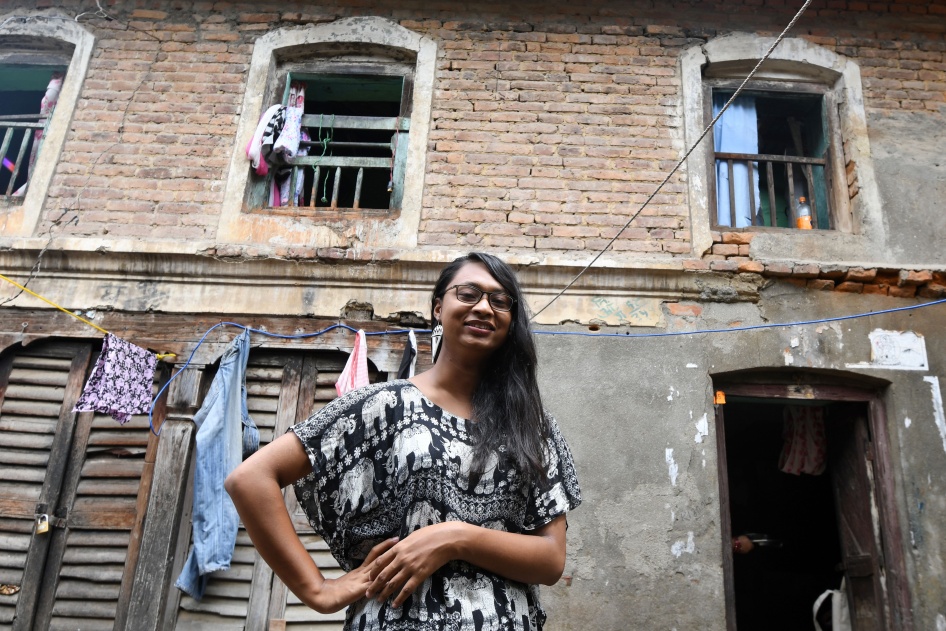The Supreme Court of Nepal has ruled that Rukshana Kapali, a transgender woman, should be legally recognized on all documents as a woman without having to submit to medical verification. The judgment is the latest in the court’s history of progressive rulings on sexual orientation and gender identity, which has earned Nepal a positive global reputation on LGBT rights.
Following a 2007 supreme court order, authorities have been issuing some documents listing gender as “other” or “third gender” for more than a decade on the basis of the person’s self-identification. Despite the court order, the lack of a clear central policy has created problems. Trans people in Nepal today who want to change their gender markers to “female” or “male” are typically forced to undergo surgery, which requires traveling outside the country, and then in-country medical assessments, including invasive examinations of post-operative genitals. Even people who are attempting to obtain documents marked “other” are subjected to this humiliating and unnecessary medical scrutiny.
The Yogyakarta Principles – drafted and signed in 2006 by a group of experts, including a former Nepal parliament member and LGBT rights advocate Sunil Babu Pant – state that each person’s self-defined sexual orientation and gender identity is “integral to their personality” and is a basic aspect of identity, personal autonomy, dignity, and freedom. The principles are clear that gender recognition may involve, “if freely chosen, modification of bodily appearance or function by medical, surgical or other means.” These principles were the basis of the Supreme Court of Nepal’s 2007 order and are cited in Kapali’s new court victory as well.
Kapali, a trans woman law student, has sued the government of Nepal over 50 times since 2021 – pushing for rights-based legal recognition of gender identity. And while this recent judgment sets a precedent for trans rights, the order only applies to Kapali, meaning others will have to petition courts to be legally recognized according to their gender identity.
A better solution is a central policy. The government can and should make the system work for everyone by issuing a directive that allows people to self-identify their gender on official documents, without medical or other verification.









